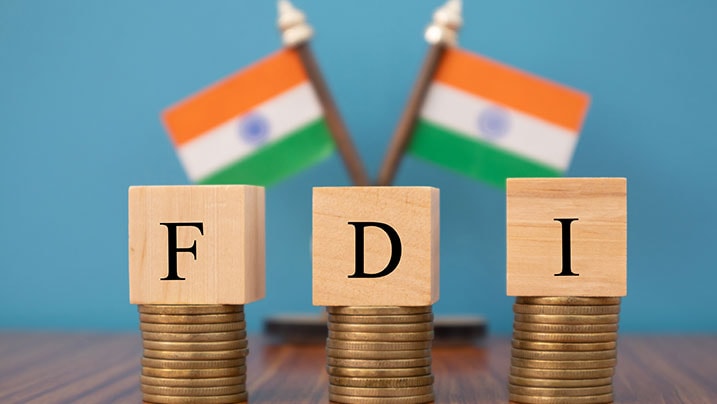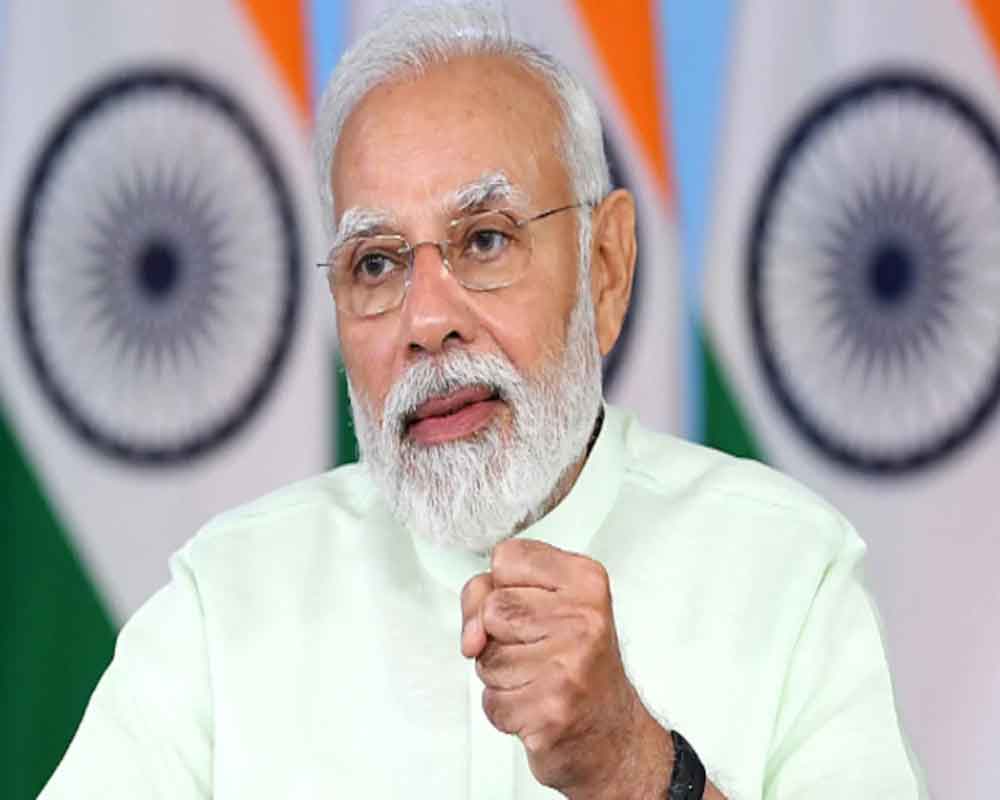RBI (Reserve Bank of India) empower two Russian banks open special vostro account, in India

Following approval from the RBI (Reserve Bank of India) to enable rupee transactions abroad, two Russian banks created a new Vostro account. The largest and second-largest banks in Russia, Sberbank, and VTB Bank respectively, are the first foreign banks to get this license following the RBI’s announcement of the rules for rupee trading abroad in July.
RBI governor Shaktikanta Das had said the new arrangement will help reduce the cost of transactions and also promote the use of Indian currency for cross-border trade.

According to reports, Sberbank and VTB Bank have opened special Vostro accounts in their respective Delhi locations. The RBI granted state-owned Bank UCO, permission last month to establish a unique Vostro account with Russian bank Gazprombank.
The account was launched by the Kolkata-based lender last month. It was one of the first banks to get regulatory permission after the RBI decided to encourage rupee settlement in the financial sector.
The decision to create the special Vostro account clears the way for rupee-based payment settlement for commerce between India and Russia, facilitating cross-border trade in the Indian rupee, which the RBI is eager to encourage.
Why The RBI has now allowed two foreign banks
It is a move that will help Russian banks do more business in India. At present, the Indian rupee is not a freely convertible currency.
This means that banks from other countries cannot open a rupee account in India. To do business in India, they have to use a third currency, such as the US dollar, to facilitate transactions.
The RBI has now allowed two Russian banks to open what is called a Vostro account in India. This account is denominated in rupees and can be used by the banks to settle trade transactions with their Indian counterparts.
The move is seen as a step towards making the rupee a more international currency. It will also help boost trade between India and Russia, which has been growing in recent years. There are currently around 20 Russian banks operating in India.
With the new Vostro account facility, these banks will be able to conduct business more efficiently and in a more cost-effective manner. The RBI has also said that it is open to allowing other foreign banks to open similar accounts in India.
This will help in further deepening India’s financial markets and make the country a more attractive destination for foreign investment.
How The RBI Deepens India’s financial markets.
The RBI is the central bank of India and is responsible for the monetary policy of the Indian rupee. The RBI plays an important role in the development of the Indian financial markets.
The RBI has taken several measures to deepen the Indian financial markets. One of the most important measures is the setting up of the Financial Stability and Development Council (FSDC). The FSDC is a high-level body that is responsible for the coordination of the financial sector policies.
The RBI has also set up several regulations and supervisory bodies such as the Securities and Exchange Board of India (SEBI), the Insurance Regulatory and Development Authority (IRDA), the Pension Fund Regulatory and Development Authority (PFRDA), and The RBI Act, 1934.
The RBI has also been working on the development of the corporate bond market. The RBI has allowed qualified foreign investors (QFIs) to invest in the corporate bond market. The RBI has also allowed banks to issue bonds.
As India seeks to boost its economic growth, one area that is receiving increased attention is the country’s financial markets. While India’s equity markets are among the largest and most developed in the world, other parts of the financial system are not as deep and liquid. This lack of depth in the financial markets can act as a brake on economic growth, as it makes it more difficult for businesses to access the financing they need to invest and expand.
In recent years, India has been increasingly viewed as a land of opportunity by foreign investors. And it’s easy to see why: India is the world’s second most populous country, with a rapidly growing economy that is expected to become the third largest by 2030.

There are numerous reasons why India needs foreign investment. First, foreign investment can help to supplement domestic investment. India’s savings rate is currently around 30 percent, which is not enough to finance the country’s investment needs. According to the World Bank, India needs to invest $1.5 trillion over the next five years just to keep up with its current growth rate.
Second, foreign investment can help to bring in new technologies and know-how. This is important for a country like India, which is still in the process of industrializing and needs to catch up to the rest of the world in terms of productivity.
Third, foreign investment can help to create jobs. This is especially important at a time when India’s unemployment rate is high, particularly among the youth. According to a recent report by the International Labour Organization, India’s unemployment rate is expected to rise to 3.5 percent by 2019.
Last but not least, foreign investment can help to boost the country’s exports. This is important for India, which has a large trade deficit. In 2017-18, the country’s trade deficit stood at $156.8 billion.
So, there are many good reasons why India needs foreign investment. However, it is important to note that foreign investment is not a panacea.
Prime Minister Narendra Modi on FDI
Indian Prime Minister Narendra Modi has been keen to deepen and liberalize India’s financial markets since he took office in 2014. Among other things, he has sought to attract more foreign investment into the country.
This is understandable given that foreign investment can help to deepen and develop financial markets. It can also bring in much-needed capital, technology, and know-how. But attracting FDI is not easy.
In the past, India has been lukewarm towards foreign investors, due to a variety of reasons such as protectionism, nationalism, and suspicion of outside interference.
However, things have changed in recent years and the government has taken steps to make India more welcoming to foreign investment. For instance, it has eased restrictions on foreign ownership in several sectors, including banking, insurance, and defense.
The government has also set up several special economic zones (SEZs) which offer a variety of tax and other incentives to foreign investors. So far, these efforts have had some success. In the last financial year, India received a record $63 billion in foreign direct investment (FDI). This was an increase of 9% over the previous year. However, there is still a long way to go.
India’s financial markets are relatively underdeveloped compared to other countries in the world. For instance, the bond market is small and the equity market is dominated by a few large companies. There is also a lack of long-term financing options for companies. This is one of the reasons why Indian firms have been reluctant to list on the stock exchange.
The good news is that the government is aware of these problems and is taking steps to address them. For instance, it has set up a working group to recommend ways to deepen and develop the bond market. It has also set up a panel to review the listing requirements for companies.
The government has already made some progress on this front. But more needs to be done to make India an attractive destination for foreign investment. In conclusion, there is a lot that the government can do to deepen India’s financial markets by attracting more foreign investment. But it will need to provide more incentives for investors, improve the infrastructure and make it easier to do business.
edited and proofread by nikita sharma





